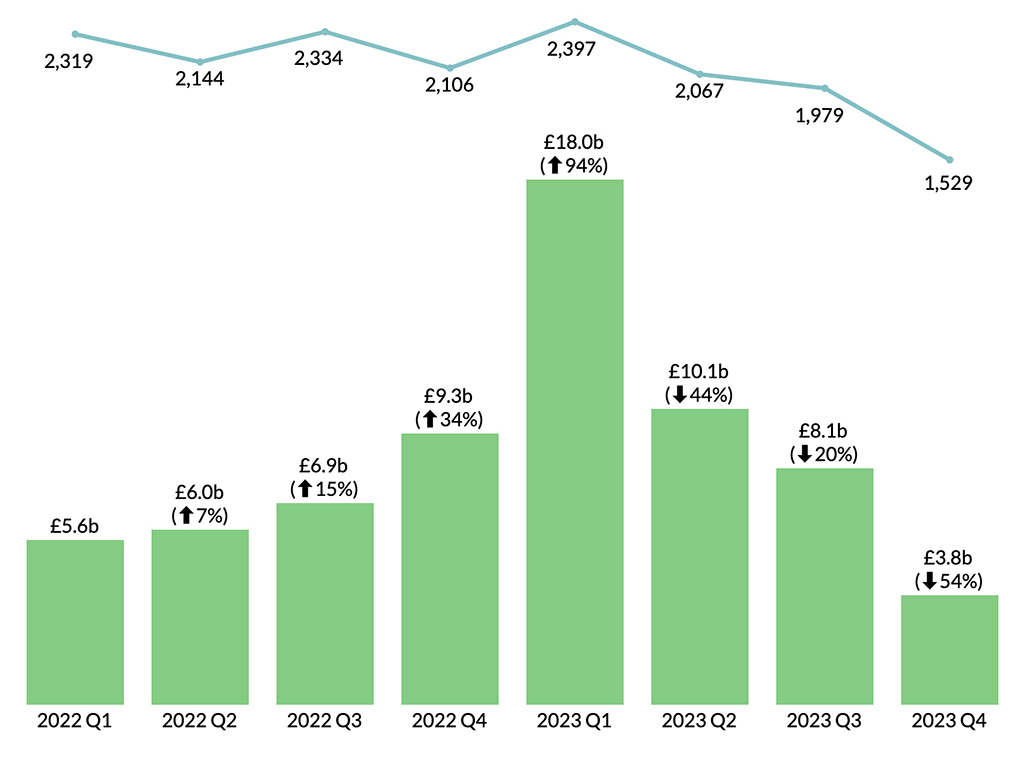The UK’s public procurement landscape is undergoing a major transformation with the introduction of the Procurement Act 2023. Designed to streamline and modernize procurement processes, the new law replaces EU-derived rules and introduces a more flexible, transparent, and competitive framework. Businesses looking to secure government contracts must understand these changes to stay compliant and competitive.

In this guide, we break down the key changes introduced by the Procurement Act 2023 and what they mean for businesses.
Why the Procurement Act 2023 Matters
Public procurement in the UK is a significant market, worth over £300 billion annually. The Procurement Act 2023 aims to:
Simplify procurement procedures
Enhance transparency and accountability
Promote competition and innovation
Strengthen supplier engagement
Ensure better value for taxpayers
By reforming existing rules, the Act makes it easier for businesses—especially SMEs—to bid for and win public contracts.
Key Changes in the Procurement Act 2023
1. A Single Unified Framework
Previously, UK procurement was governed by multiple sets of regulations, including the Public Contracts Regulations 2015 and Utilities Contracts Regulations 2016. The new Act consolidates these into a single, more straightforward legal framework, reducing complexity and making it easier for businesses to navigate the procurement process.
2. Greater Transparency Through a Central Procurement Platform
The Act introduces a new single digital platform where procurement data, including contract notices and awards, will be published. This central system will:
Improve access to opportunities for businesses
Enhance visibility of government spending
Increase accountability in procurement decisions
3. Simplified and More Flexible Procedures
The rigid procurement processes under EU rules have been replaced with a more adaptable approach. Key updates include:
Fewer procurement procedures – Authorities now have more flexibility to choose the best procurement approach for their needs.
Negotiation-friendly approach – The new law allows more scope for discussion between buyers and suppliers, encouraging innovation and value-driven contracts.
4. Stronger Focus on Value for Money and Social Value
Public sector buyers must now place a stronger emphasis on:
Economic benefits – Contracts must deliver value for taxpayers.
Social value – Suppliers must demonstrate contributions to sustainability, environmental protection, and community development.
Innovation and SME inclusion – The Act encourages participation from smaller businesses to foster innovation and competition.
5. Tougher Supplier Exclusion Rules
To prevent poor performance and unethical practices, the Act introduces stricter debarment rules for suppliers with:
A history of failing contract obligations
Corruption, fraud, or unethical business practices
Security or compliance breaches
A publicly available debarment list will ensure that unreliable suppliers are excluded from bidding for government contracts.
6. Faster and More Efficient Procurement Process
The Act seeks to reduce bureaucracy and delays by:
Shortening procurement timelines – Making it faster for contracts to be awarded.
Introducing a clearer appeals process – Speeding up dispute resolution.
Reducing red tape – Simplifying paperwork and reducing administrative burdens.
7. Increased Support for SMEs
The Act aims to level the playing field for small and medium-sized enterprises (SMEs) by:
Encouraging smaller contract lots so SMEs can bid on parts of larger projects
Improving payment terms, ensuring that SMEs receive prompt payments
Reducing barriers to entry, such as excessive qualification requirements
What Businesses Need to Do to Prepare
1. Stay Informed and Update Compliance Policies
Businesses bidding for public contracts must familiarize themselves with the new rules and ensure compliance with updated procurement practices.
2. Register on the New Central Procurement Platform
To stay competitive, businesses should sign up for the UK’s new digital procurement system, where all government contract opportunities will be listed.
3. Demonstrate Social Value and Sustainability
Suppliers should showcase their contributions to social and environmental initiatives, as these factors will play a bigger role in contract evaluations.
4. Strengthen Governance and Ethics Policies
With tougher exclusion rules, businesses must ensure that their operations align with ethical, compliance, and performance standards to avoid disqualification.
5. Build Relationships with Contracting Authorities
Engaging early with government buyers and participating in pre-market engagement activities can increase the chances of winning contracts.



